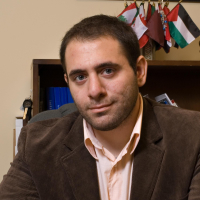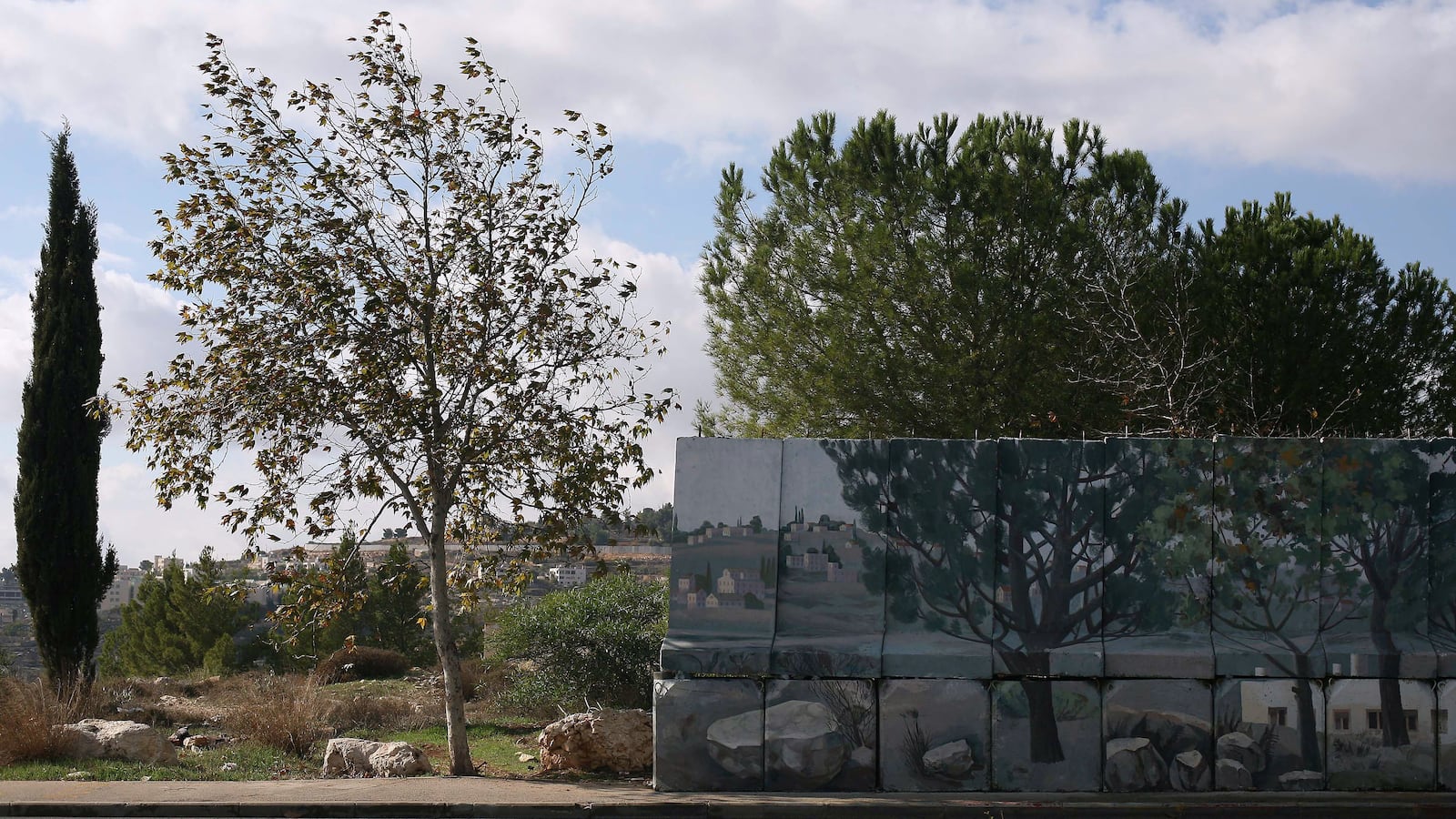Last week I argued that Israel fits the Apartheid designation. Here, I’ll defend my piece against the responses.
My argument was straightforward; the de facto Israeli state, which stretches from the river to the sea, uses a system of policies which abuses human rights and ensures the ethnic group ruling the regime, Israeli Jews. This constitutes Apartheid.

My interlocutors argued against several straw men.
Straw man 1: But, but….look at Israel’s Arabs
Each of the three counters with the same, ultimately irrelevant point, that Israel “inside its own borders,” as one respondent put it, is not an Apartheid system and is democratic, albeit imperfectly so. This argument would deserve some credence, I suppose, if a border actually existed between Israel and the West Bank, but the fact is there isn’t one. Rather, Israel borders four different states; it has demarcated and defined borders with two, Egypt and Jordan. Armistice lines (and more occupied territories) are still the de facto barriers between Israel and Lebanon and Syria. So the West Bank is within the borders of Israel, and the policies formulated by the Israeli state are in effect over this territory on both sides of a green line which exists on paper only (and sometimes not even on paper).
The system of policies of the Israeli state must been seen in their totality and cannot be disaggregated because it is their collective effect which ensures the disenfranchisement of the native population and is a reality on the ground. Are there Palestinians in Knesset or on the Israeli Supreme Court? Sure. Does this change the policies that effectively prohibit challenges to the ethnic-make up of the regime in control? Absolutely not.
Reading these responses, I'm reminded of what Hannah Arendt wrote in 1944: “The truth of the matter is that the Zionist ideology, in the Herzlian version, had a definite tendency toward what later was known as Revisionist attitudes, and could escape from them only through a willful blindness to the real political issues that were at stake.”
The problem isn’t, as Andrew Sullivan argued today in reviewing Peter’s book, that right-wing Zionists like Netanyahu and their colonial ambitions created this mess. Rather, it is that Zionism, the ideology at the foundation of the state of Israel, inevitably leads to Apartheid.
Straw man 2: It doesn’t look like South Africa
I began my argument by explaining why definitions are important, and why the analogy to South Africa is unhelpful and distracting. Despite this, two respondents argued that the analogy to South Africa isn’t helpful. We’ve established that. That’s why I challenge people to look at the definition and look at facts on the ground to understand why it meets the definition of the crime of Apartheid under international law.
I make clear that getting lost in the similarities and differences between the South African context and the Israeli context is not the way to go. Apartheid is a crime under international law, and cases of it should be defined against its instituted definition, not against the South African context.
Straw man 3: The Ulterior Motive
Two respondents suggest that use of the term Aparthied in the Israel context is based in an ulterior motive because it “suggests that because these parallels exist, the solution must be the same” and that using it means the solution “is one that is similar to post-Apartheid South Africa” i.e. a unitary state with equal rights.
But there is nothing about calling something what it is—Apartheid—that precludes any type of solution. If brown shoes are commonly worn with a brown belt, the failure to do so doesn’t mean these items stop being brown. Regardless to whether a one-state solution or a two-state solution is your preferred outcome, that shouldn’t stop you from confronting the Apartheid reality.
The great Chinese philosopher Confucius put forward a timeless and important doctrine: The rectification of names. We cannot improve society or fix society’s problems, he rightly argued, until we call the problems by their real names. What is happening in Israel/Palestine is Apartheid. Calling it such doesn’t predetermine an outcome, but instead forces all of us to take more seriously the nature of the crime to work to stop it.
For decades, Israel’s unjust treatment of Palestinians has persisted, largely unchallenged by the powers that be, in part because too many people have become complacent to its systematic human rights abuses and the colonial enterprise.
It’s time to change this. It’s time to stop being afraid to call this what it is. It’s time to end Israeli Apartheid.






